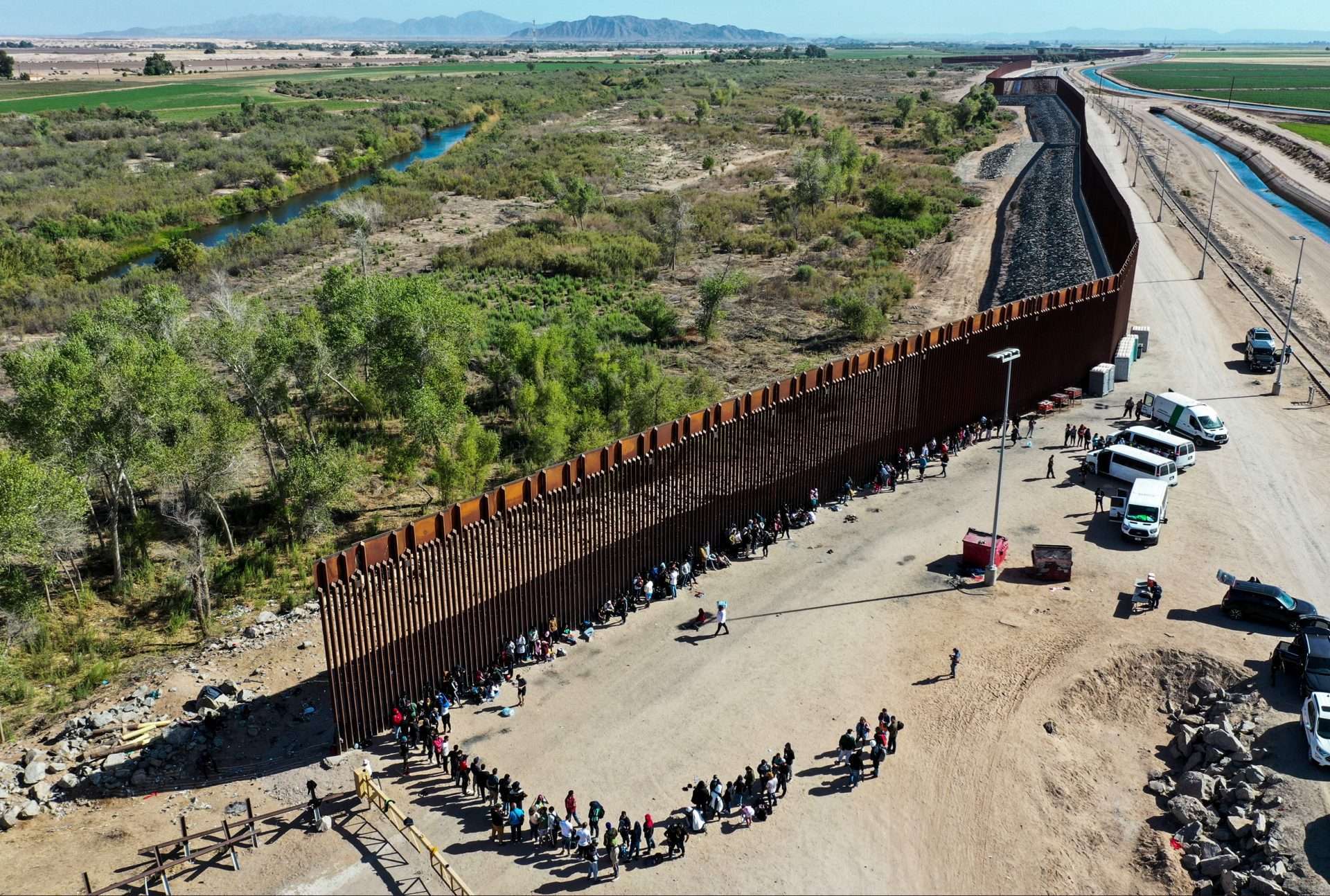Although Title 42, the expedited deportation policy adopted by the Trump administration on the grounds of the pandemic, may end, the United States will continue to expel migrants who cross the border and have no legal basis to stay in the country, said Blas Núñez- Neto, Acting Undersecretary for Border Policy and Immigration of the Department of Homeland Security.
He also stressed that the United States is talking with third countries in order to repatriate nationals whose returns to their places of origin cannot be done directly. One of these cases is that of Venezuelans. Washington does not have diplomatic relations with Caracas and for this it is talking, among others, with Mexico, said the undersecretary.
Núñez-Neto gave a virtual press conference after a US judge ordered last week that the asylum restrictions that Trump imposed in March 2020 due to the aforementioned provision must end by December 21. From that date to today there have been 2.4 million expulsions.
Cuba hopes that the US proposes “flight and date” for the repatriation of “inadmissibles”
A federal judge had previously ruled that Trump’s rule should remain in effect. Last Monday night, 15 red states presented an initiative to try to keep Title 42 in force.
All these movements take place in the midst of an avalanche of migrants to the United States. In October, Washington unveiled a plan to give visas to Venezuelans who meet certain requirements.
The Biden administration has been preparing to end Title 42 for more than a year. According to the official, it is implementing a plan that, among other measures, aims to reduce processing time for asylum seekers at the border. But it will have “legal consequences or expedited expulsions” for those who cross and request asylum without meeting the requirements to receive it.
The repatriations would be made under an immigration law called Title 8, which has been in force for decades, the official said.
The end of Title 42 raises fears of a greater arrival of migrants to the United States from Mexico. Núñez-Neto indicated that there are currently 23,000 agents working on the border.
Title 8 allows expedited repatriations and expulsions, but it also guarantees that if the migrant expresses fear of being returned or requests asylum, the case would have to go to a judge.















